We've found 1000 matches for your search. Order by
Results
-
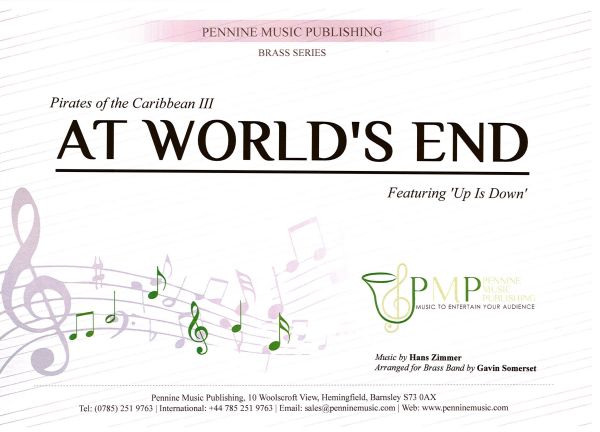 £37.50
£37.50At World's End (Pirates of the Caribbean III)
Estimated dispatch 7-14 working days
-
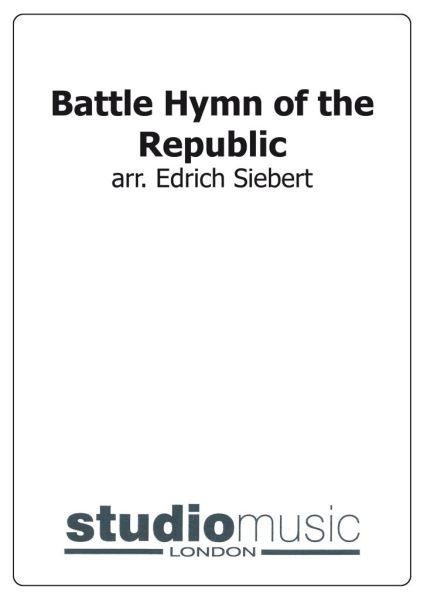 £24.95
£24.95 -
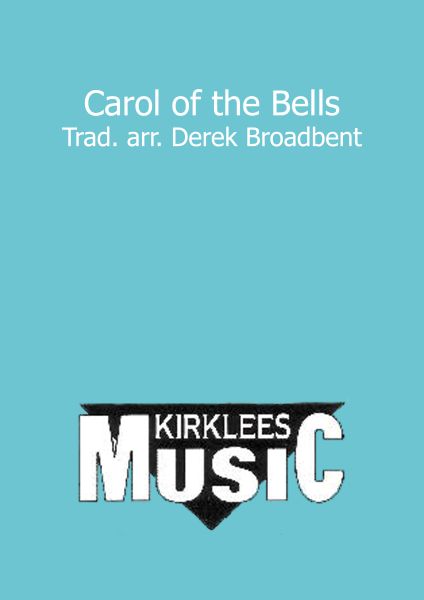 £30.00
£30.00 -
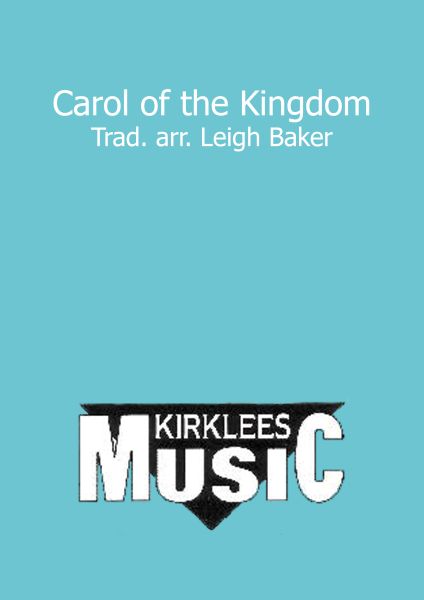 £24.95
£24.95Carol of the Kingdom
Estimated dispatch 7-14 working days
-
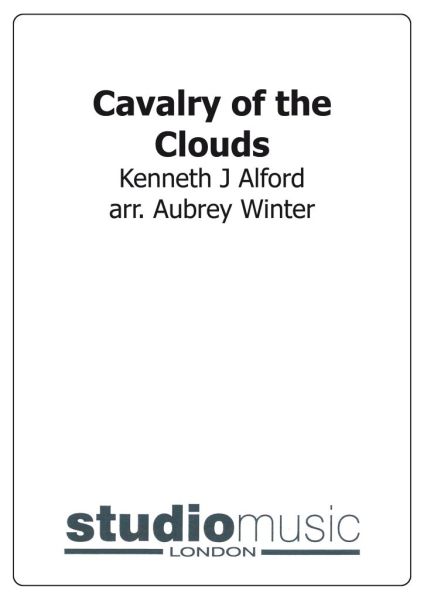 £24.95
£24.95 -
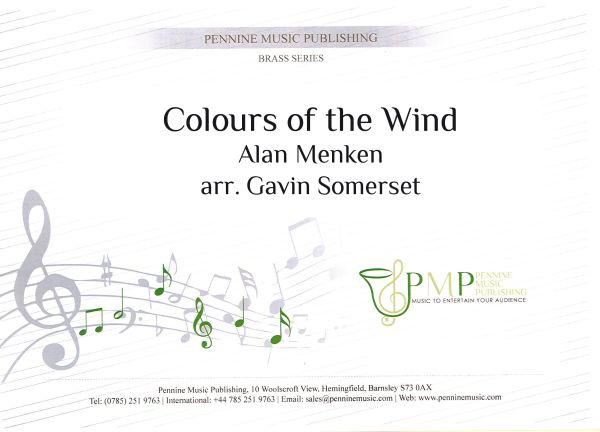 £29.50
£29.50Colours of the Wind
Estimated dispatch 7-14 working days
-
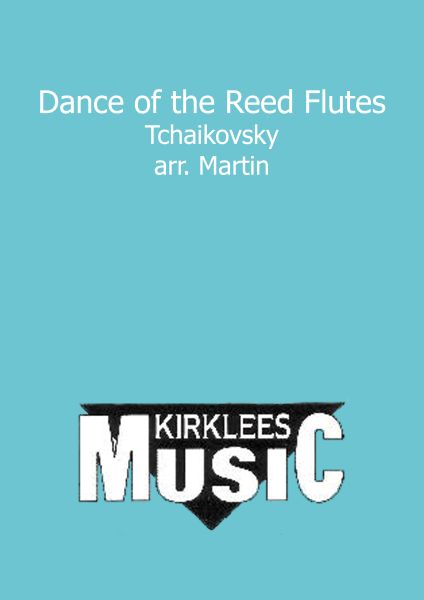 £30.00
£30.00Dance of the Reed Flutes (Brass Band - Score and Parts)
Estimated dispatch 7-14 working days
-
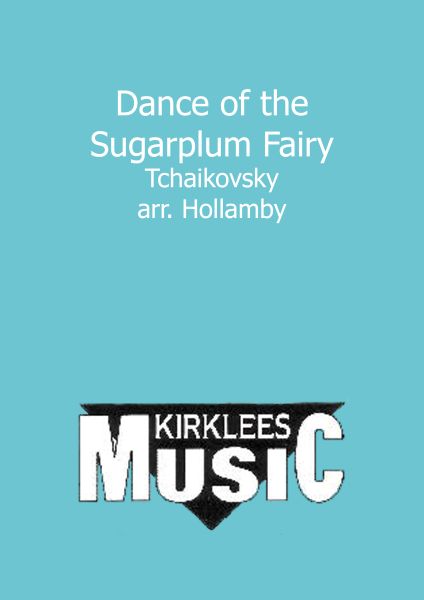 £30.00
£30.00Dance of the Sugar Plum Fairy (Brass Band - Score and Parts)
Estimated dispatch 7-14 working days
-
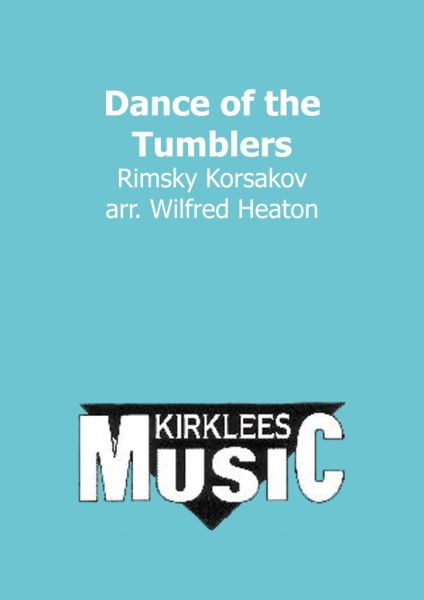 £35.00
£35.00Dance of the Tumblers (Brass Band - Score and Parts)
Estimated dispatch 7-14 working days
-
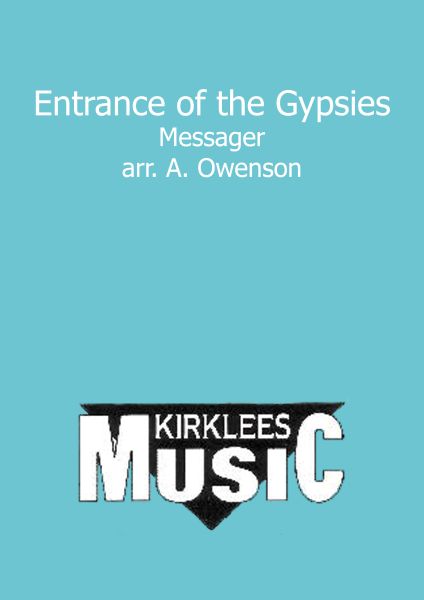 £19.50
£19.50Entrance of the Gypsies
Estimated dispatch 7-14 working days
